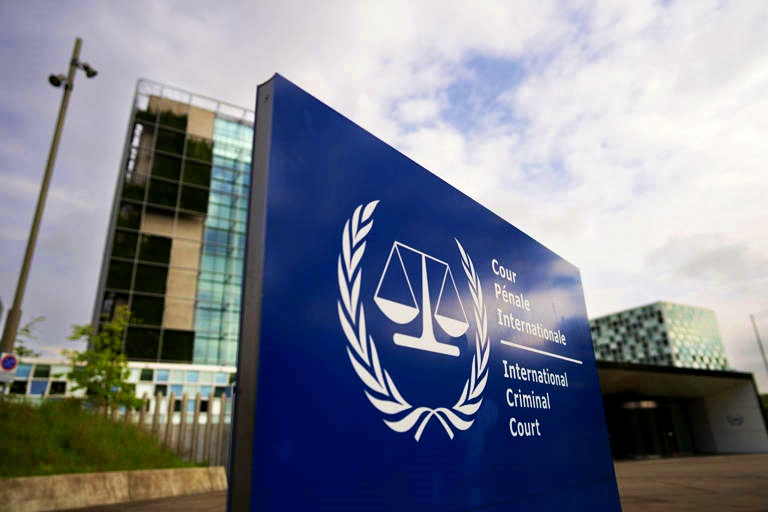Gambiaj.com – (UNITED NATIONS, New York) — In a significant step toward strengthening international justice, The Gambia’s Counselor Amadou Jaiteh introduced a groundbreaking resolution late Friday at the United Nations General Assembly’s legal committee. The resolution, adopted by consensus, paves the way for negotiations on the first-ever treaty to prevent and punish crimes against humanity.
The resolution’s adoption followed tense, last-minute negotiations that saw Russia withdraw amendments that threatened to derail the effort. Counselor Jaiteh hailed the resolution’s approval as “a once-in-a-lifetime opportunity to make a difference,” envisioning “a world without crimes against humanity, and a world where voices of victims are heard louder than their perpetrators.”
Applause erupted in the chamber as the resolution was gaveled into approval. It is virtually certain to be adopted by the full General Assembly during its final vote on December 4.
The treaty process will be time-bound, with preparatory sessions planned for 2026 and 2027, followed by three-week negotiating sessions in 2028 and 2029.
If successful, the treaty would address a significant gap in international law by specifically targeting crimes against humanity, which include acts such as murder, rape, torture, and enforced disappearances committed as part of large-scale attacks on civilians.
Filling a Critical Legal Gap
While the International Criminal Court (ICC) prosecutes crimes against humanity, its jurisdiction is limited to its 124 member states, leaving nearly 70 countries outside its reach.
The absence of a dedicated treaty on crimes against humanity has long been seen as a critical shortfall in international law. Existing treaties cover war crimes, genocide, and torture, but crimes against humanity remain unaddressed in a global framework.
The resolution was spearheaded by The Gambia and Mexico, with the support of 96 other nations. Human Rights Watch’s senior legal adviser, Richard Dicker, described the agreement as “a historic achievement that was a long time coming.”
He emphasized its importance in addressing impunity for atrocities in conflict zones such as Ethiopia, Sudan, Ukraine, Gaza, southern Israel, and Myanmar.
“This sends a crucial message that impunity for crimes inflicted on civilians will not go unheeded,” Dicker said.
Russia’s Concession
Russia’s initial amendments had cast doubt on the feasibility of completing treaty negotiations. However, Maria Zabolotskaya, Russia’s deputy U.N. ambassador, announced her country’s decision to withdraw its amendments “in a spirit of compromise,” while clarifying that Russia dissociated itself from the consensus.
“This does not mean that we are not ready to work on this crucial convention,” Zabolotskaya told the committee.
The resolution marks a milestone in the push for international accountability. With The Gambia and other advocates leading the charge, the forthcoming treaty negotiations are poised to offer hope for justice to victims of some of the world’s most egregious crimes.










